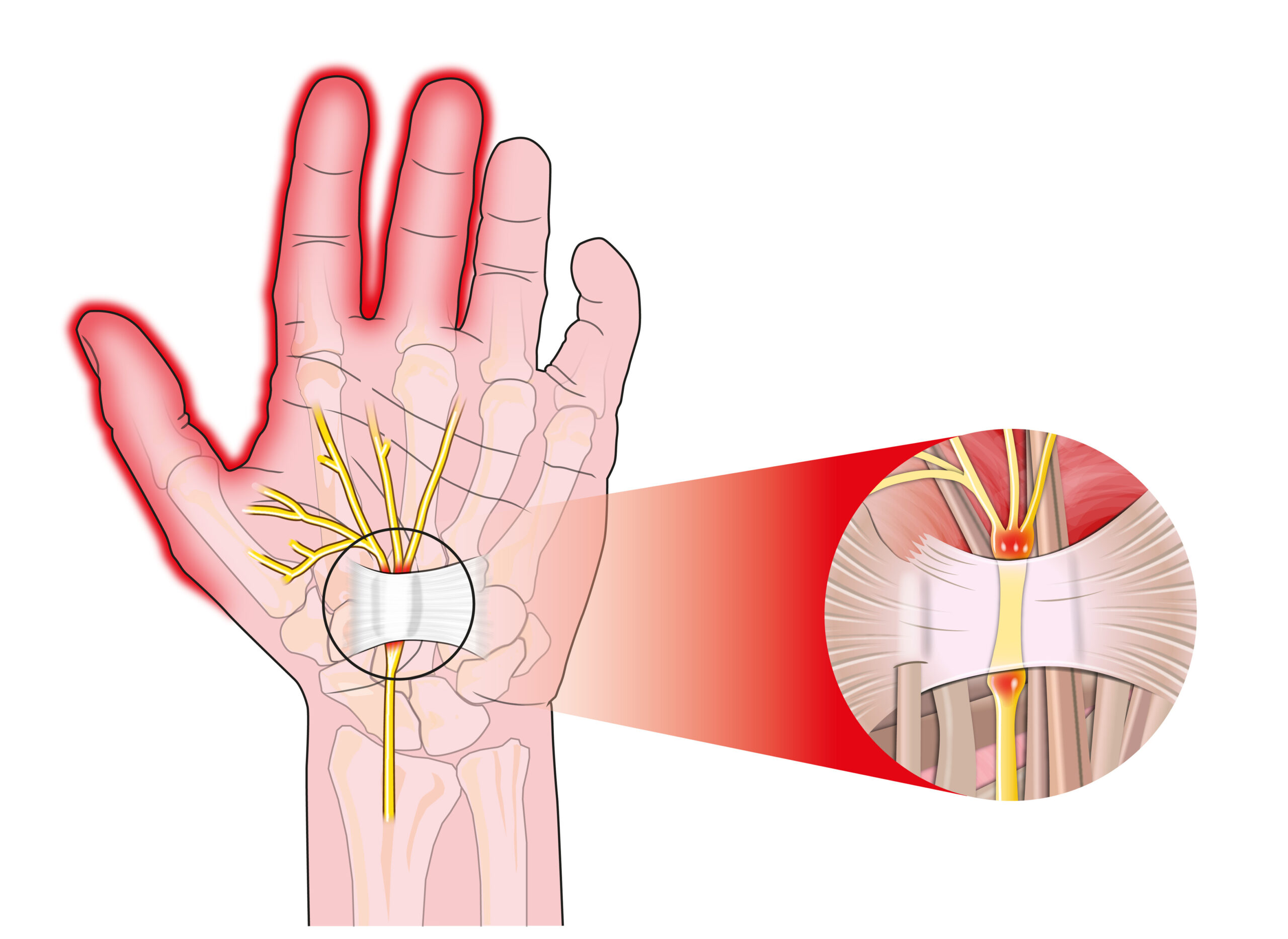May 18, 2018 | NEUROPATHY
By, Lauraine Kanders, ANP, ACNP-BC

WHAT IS NEUROPATHY?
Neuropathy is a collection of conditions that are all cause by damage to the peripheral nerves. While the central nervous system is confined to the brain and spinal cord, the peripheral nervous system runs through every other region of your body. The vast network of interconnected nerves works to transmit messages from the brain and spinal cord to these organs and appendages.
Peripheral nerves regulate a vast array of bodily functions including:
· Mobility and movement
· Autonomic processes such as breathing, digestion and other involuntary organ activity.
· Sensory reactions (sight, sound, smell, taste)
When the peripheral nerves are damaged, any of these specialized functions can be disrupted, which can in turn lead to a variety of symptoms. The leading cause of neuropathy in America is diabetes. Up to 20 million diabetics suffer from the impact of damaged nervous systems. Other contributing causes include: HIV, chemotherapy and other drug treatments, kidney disorders, vitamin deficiencies, and direct physical trauma or stress.
Symptoms of Neuropathy
Peripheral neuropathy usually manifests in the form of gradual numbness across the feet and hands. This sensation can eventually grow to affect the legs and arms as well. Numbness usually appears alongside a number of related indications ranging from tingling, prickling, and sharp pains to throbbing, and intermittent burning/freezing sensations. If left unchecked, these symptoms can result in ongoing issues with balance and mobility. In severe cases, neuropathy may even result in paralysis.
Autonomic neuropathy is a subset of symptoms affecting only the autonomic nervous system. Patients with autonomic neuropathy may experience bowel and bladder issues, dizzy spells, digestive problems, and severe sweating.
NEUROPATHIC PAIN
In some cases, neuropathy can lead to chronic pain rather than numbness. Usually the patient will experience varying degrees of pain throughout the day in affected areas. Unlike nociceptive pain (caused by acute injuries), this type of pain is far less responsive to common pain medications.
HOW MEDICAL MARIJUANA CAN HELP TREAT NEUROPATHY
For years, healthcare practitioners have promoted the potential benefits of medical cannabis as a frontline pain management tool. Over the years, several studies have emerged to substantiate these claims.
Researchers posit a few reasons for why medical marijuana seems to be so effective in pain management. Marijuana contains a chemical called cannabinoid. Our bodies happen to have purpose-built cannabinoid receptors located throughout the body. These receptors are part of the endocannabinoid system which regulates amongst other things appetite, mood, memory and most importantly pain. Interestingly enough, when nerve injuries occur, the body produces even more cannabinoid receptors along these pain pathways.
What the Research Shows
In 2014, researchers at Cork University performed a comprehensive review of cannabis research to date. The findings were used to assess the efficacy of cannabinoids in the treatment of orofacial neuropathic pain. Traditional treatments for these conditions cover a gamut of options including: CBT, anti-depressants, and of course opioids; unfortunately most of these treatments prove to have only limited therapeutic effect. In contrast, the scientists found that medical cannabis could be extremely effective in relieving these forms of neuropathic pain.
The next year, another group of scientists at the Institute of Experimental Medicine in Hungary published a literature study detailing the mechanism through which cannabinoid compounds produce pain relief. According to the study, Cannabinoids in the cannabis interact directly with the two main cannabinoid receptors in our endocannabinoid systems. These interactions cause the receptors to release neurotransmitters and central nervous system immune cells which work to regulate pain levels quite effectively.
Best of all, patients who used medical cannabis to treat their chronic neuropathy experienced no serious adverse side effects after a year of regular use. Yet despite these claims many in the medical community still prefer to prescribe highly addictive opioids in place of cannabis. Why? Your guess is as good as mine.
Get certified! Call Medical Marijuana Recs NY today and meet with Lauraine Kanders, NP or her expert staff. They will review your documents for free!
At Medical Marijuana Recs NY, we provide our visitors with online video chats to become certified for Medical Marijuana in New York State. Our group of NPs and doctors strive towards helping get certified. Click here to see if you qualify!
